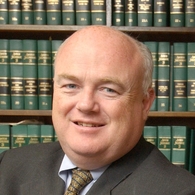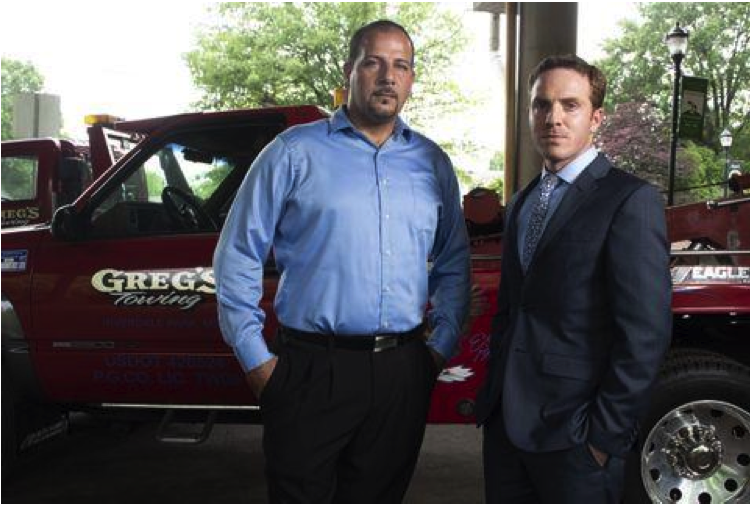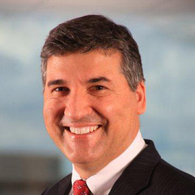Joseph Greenwald & Laake principal Jay Holland shared his thoughts on the legal aspects of workplace affinity groups with Law360. Workplace affinity groups are forums for employees with similar interests that provide support and social functions. Examples of such groups include parents’ caucuses, LGBT caucuses, and caucuses for individuals with physical disabilities.
Holland noted that it is important to recognize the legal risks involved for employers who sponsor these groups. “One of the concerns,” he added, is that “like anything else it has to be done right.”
Yet, Holland said that the benefits of such groups can be wide-ranging and significant for businesses: an increased ability to attract individuals from diverse backgrounds, creating understanding between management and individuals from those backgrounds, improving retention, and creating pathways for group members to move into leadership positions.
Mr. Holland also noted that employers should be cautious to not run afoul of anti-discrimination laws such as Title VII when they discuss diversity with an affinity group’s members, particularly if the parties brainstorm proposals for hiring a more diverse workforce.
“While the affinity group can certainly take ideas and adopt programs in response to suggestions from the affinity groups, [employers] have to be careful about stepping over the Title VII line,” Holland said. “While it’s perfectly appropriate to encourage a more diverse workforce and reach out to different communities to make sure you have a diverse workforce … they can’t step over the line into saying, ‘We now have to hire 25 individuals of a particular race or a particular sexual orientation.’ Then you are indeed discriminating upon a prohibited classification under Title VII.”
To read the full article, please click on the Law360 logo below.
Jay Holland is a principal in JGL’s Civil Litigation Group and the chair of the firm’s Labor, Employment and Qui Tam Whistleblower practice. He is a renowned employment and qui tam litigator known for taking on tough cases and achieving exceptional results.











